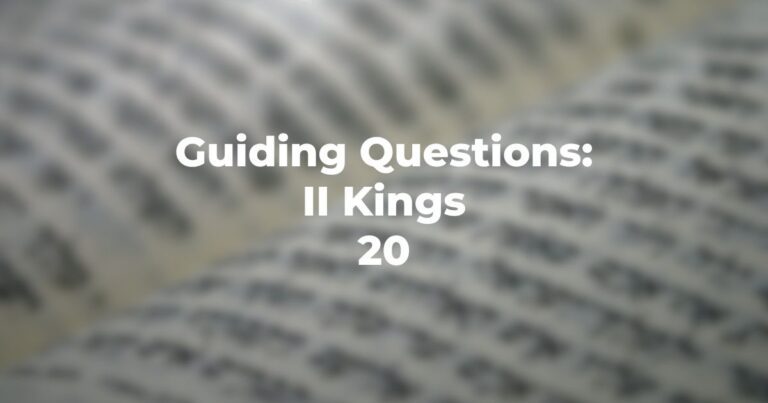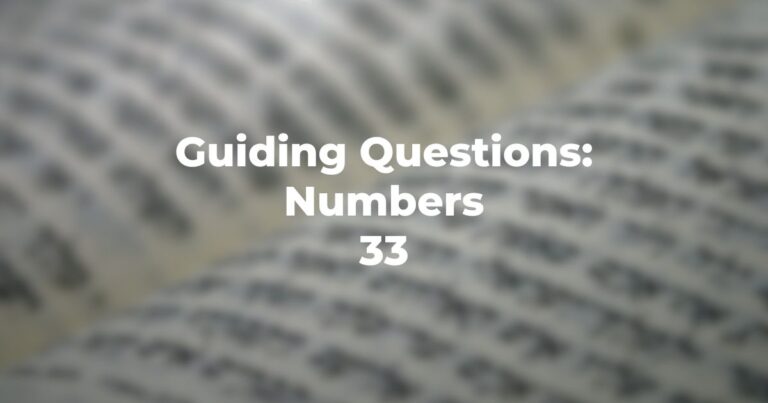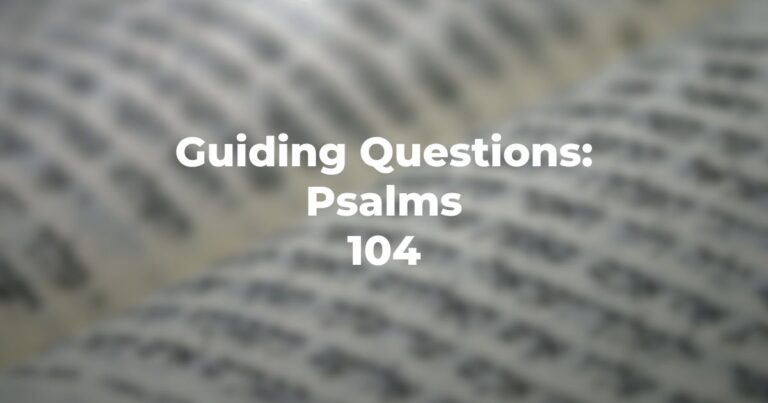- Why, if pleading (Psalms 141:1-2), is there a request to set a “guard over my mouth”?
- Is the Psalmist tempted to change his “way of living” (Psalms 141:3-4)?
- According to Psalms 141:5 is the castigation or criticism of a righteous person desirable or to be resisted?
- Translation of page 1588 in the JPS, Psalms 141:5-7 indicates that their meaning is uncertain. If the text were to read “May the Just One strike me, the Kind One chastise me; with fine oil let my head glisten, may my constant prayer be against their evil customs! Let their judges drop into the clutches of the crag, and let them hear how dulcet are His words! Like one rent and riven in the nether world, my bones are strewn at the mouth of Sheol” — which is the translation in Dahood, Psalms 101-150, page 308, does this, then, relate to the prior verses and to Psalms 141:8-10?
Author
-

Exploring Judaism is the digital home for Conservative/Masorti Judaism, embracing the beauty and complexity of Judaism, and our personal search for meaning, learning, and connecting. Our goal is to create content based on three core framing: Meaning-Making (Why?), Practical Living (How?), and Explainers (What?).
View all posts




